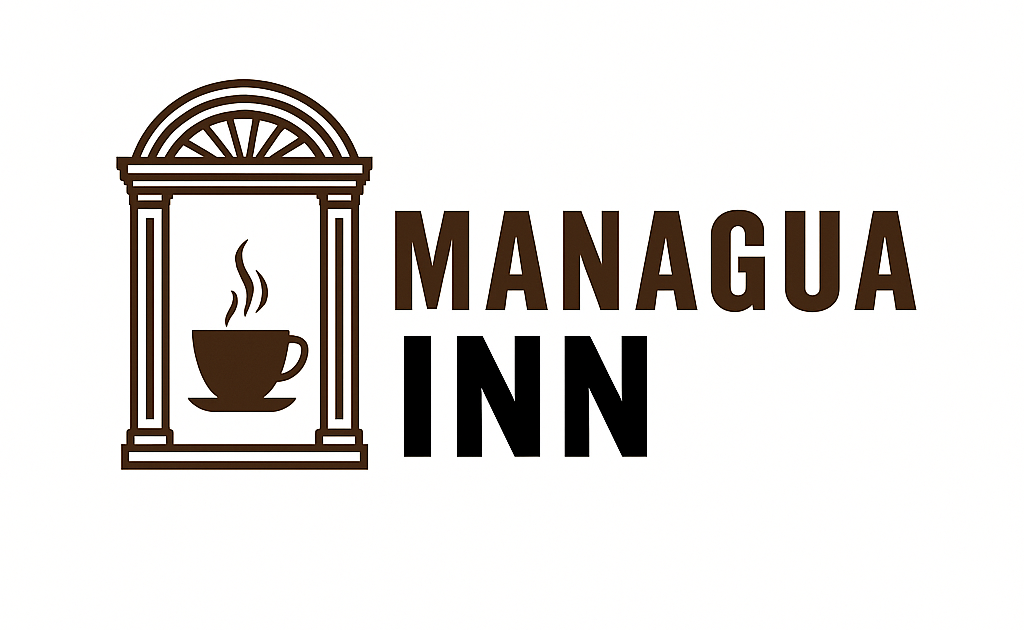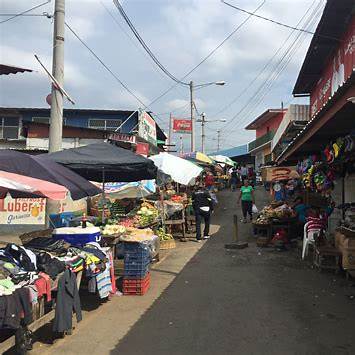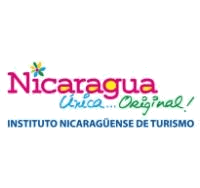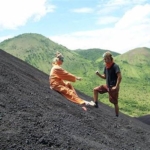Is Nicaragua Safe to Visit in 2025? What Travelers Should Know
If you’ve been researching a trip to Nicaragua, you’ve probably asked yourself one key question: “Is it safe?”
As someone who’s lived here for years and hosted travelers from all over the world, I hear this all the time. The short answer? Yes—Nicaragua is safe to visit in 2025, especially if you use basic travel smarts.
This guide will give you an honest look at what to expect, with real stats, local insight, and tips to help you stay confident and prepared.
Is Nicaragua Safe in 2025?
Yes—especially if you stick to known areas and travel with awareness. Nicaragua remains one of the safest countries in Central America when it comes to violent crime. The cities most travelers visit are calm, welcoming, and well-policed.
That said, no place is completely risk-free. Like anywhere else, knowing where to go (and where not to) makes all the difference.
What the Data Says
Let’s look at the facts. According to the United Nations Office on Drugs and Crime (UNODC), Nicaragua had a homicide rate of about 7.2 per 100,000 people as of 2021. That’s lower than the regional average and far below countries like Honduras or El Salvador.
UNODC Global Study on Homicide 2023 – View PDF
While those numbers don’t tell the whole story, they do show that Nicaragua is statistically one of the safer countries in the region, especially in terms of violent crime.
Most traveler issues here are things like petty theft or overpaying for a taxi—easily avoided with a little local advice.
Safety by Region: Where to Go and What to Know
Managua
- Stick to neighborhoods like Los Robles, Metrocentro, Colonial Los Robles, and along Carretera Masaya
- Avoid walking alone at night or in poorly lit areas
- Use hotel-arranged taxis or a rideshare app like InDrive
Granada & León
- Popular tourist cities with low crime and a walkable vibe
- Take standard precautions in markets and crowded areas
San Juan del Sur & Beaches
- Well-traveled beach towns with a laid-back atmosphere
- Lock up valuables and avoid walking isolated roads at night
Rural Areas & Volcano Hikes
- Generally safe but often remote—go with a guide
- Let someone know if you’re heading off the beaten path
Practical Safety Tips for Travelers
- Don’t flash your phone or wallet in public
- Carry a copy of your passport, not the original
- Use InDrive or arrange taxis through your hotel
- Drink bottled or filtered water
- Use ATMs inside malls or banks, not on the street
- Avoid demonstrations or political discussions
- Ask hotel staff before venturing into unfamiliar areas
Common Scams (and How to Avoid Them)
- Taxi overcharges: Confirm the rate or use a rideshare app
- Fake guides: Book tours or transfers through your hotel or known businesses
- ATM skimming: Stick to trusted ATMs inside commercial locations
What About Political Stability?
It’s a fair question. Nicaragua has had its share of political challenges, but most travelers never experience any issues. The places tourists frequent—Managua, Granada, San Juan del Sur—remain calm, with little to no visible tension.
The key takeaway: avoid protests or political gatherings, and you’ll almost certainly avoid any problems.
Final Word: Is It Safe to Visit Nicaragua?
Yes—and for many travelers, it ends up being one of the most relaxed, welcoming places they’ve ever visited.
Use basic travel awareness, follow local tips, and you’ll likely leave with nothing but great stories, amazing photos, and maybe even a plan to come back.
Where to Stay for Peace of Mind
Where you stay makes a big difference—especially on your first trip.
Managua Inn offers private rooms, strong Wi-Fi, peaceful garden spaces, and airport transfers—all in one of the capital’s safest neighborhoods.
Book your stay now and start your trip with confidence.





Leave a Reply
Want to join the discussion?Feel free to contribute!